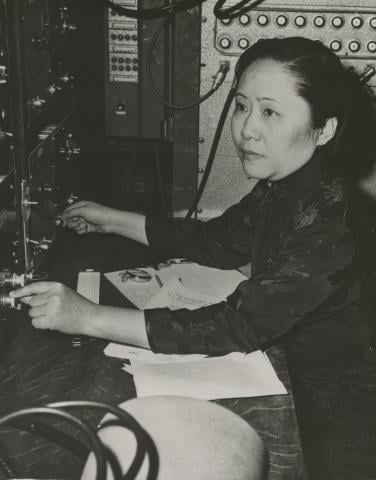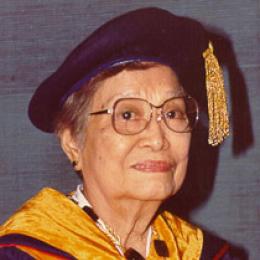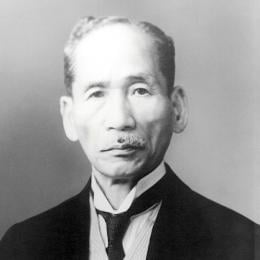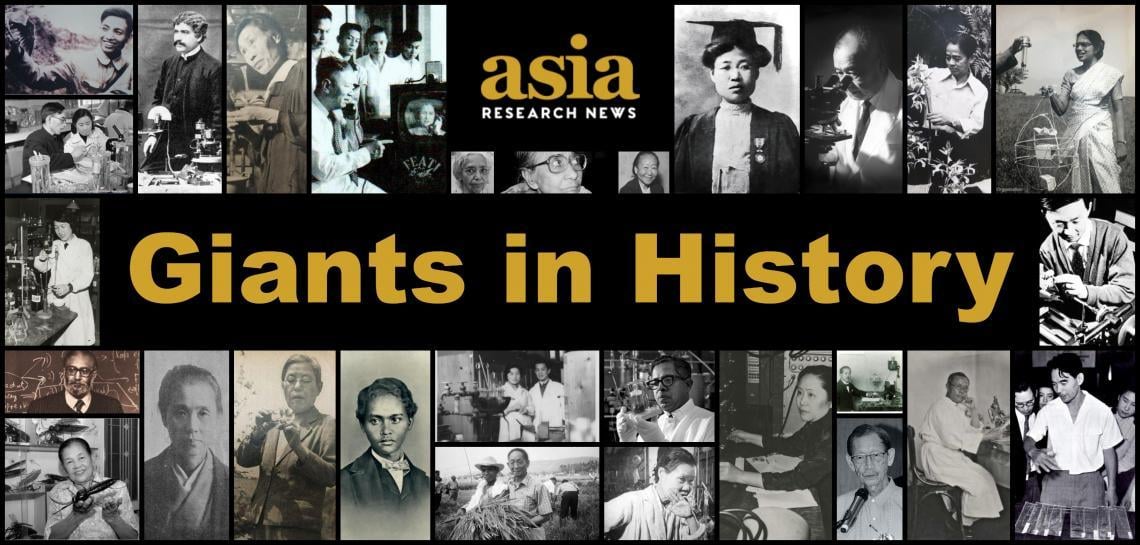The physicist who measured radioactive decay
Chien-Shiung Wu (31 May 1912 - 16 February 1997)
China

Chien-Shiung Wu (31 May 1912 – 16 February 1997) was an experimental physicist who made several important contributions to nuclear physics. Wu worked on the Manhattan Project – a top-secret program for the production of nuclear weapons during World War II and helped to develop a process for separating uranium into U235 and U238. She also developed improved Geiger counters to measure nuclear radiation levels. At the time, it was believed that symmetry governed everything in nature – known as the law of Conservation of Parity. Among her contributions, Wu is best known for designing the Wu experiment in which she measured the decay of supercooled radioactive cobalt to investigate if symmetry was also conserved in the behaviour of atomic particles. Her findings showed that symmetry during the decay of atomic particles was not conserved, contradicting the law of Conservation of Parity. In 1978, Wu was awarded the inaugural Wolf Prize, a prestigious award which recognizes achievements in the interest of mankind and friendly relations among people ... irrespective of nationality, race, colour, religion, sex or political views." For her research on radioactivity, Wu is often referred to as the "Chinese Marie Curie".






